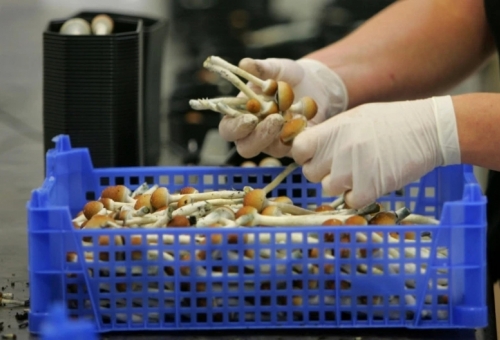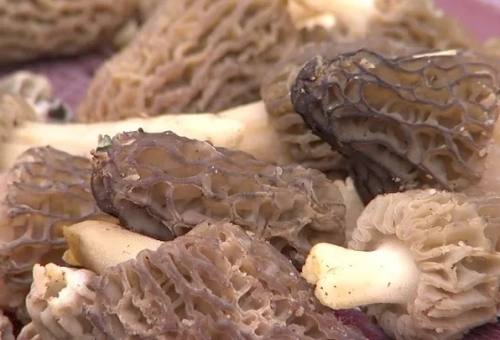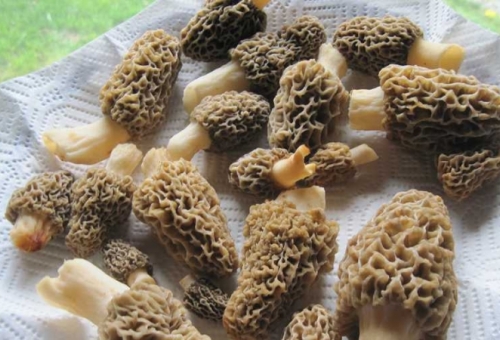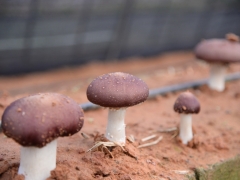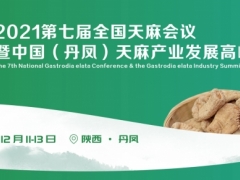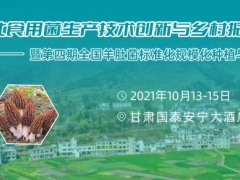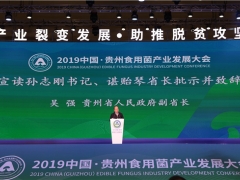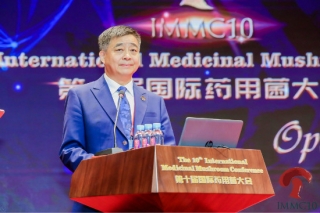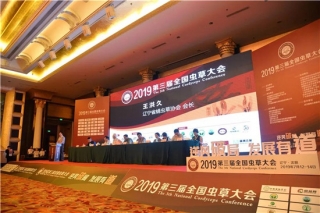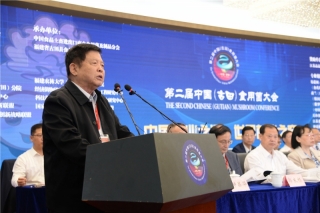Q: I asked an elderly Japanese friend why she looks so young for her age. She said she drinks tea made with reishi mushrooms. Is there anything to this?
— A.F., Castle Rock, Colo.
A: The short answer is yes. The Chinese name for reishi mushrooms is ling zhi, meaning "plant of immortality." These medicinal mushrooms have a history of safety that goes back at least 2,000 years. In my book, any herb that's been used continually for centuries deserves respect from modern medical science as opposed to snide comments as if it's "snake oil."
Mushrooms and fungi with incredible healing powers are now starting to gain attention from integrative physicians as well as folks who choose to self-treat after modern medicine fails them.
Right now, there are more than 800 scientific studies on reishi mushrooms on file in the National Institutes of Health's database. According to these studies — some on animals, some on people — reishi offers potential support for cardiovascular issues, infectious disease, liver detoxification, arthritis pain, asthma and other respiratory and immune-system disorders.
Overseas, it's common for cancer patients to willingly fork over considerable expense for these mushrooms, and sometimes insurance covers. You see, back when they were gathered from the wild, these mushrooms were rare and expensive. Now that they are cultivated commercially, reishi is relatively less expensive and readily available at health food stores.
If reishi has even half of the healing and disease-preventing power that traditional Asian healers claim for it, one could easily see why it would be considered a longevity herb and part of your anti-aging arsenal.
Studies have shown that reishi can help improve cholesterol ratios and control blood sugar. It has anti-inflammatory, antihistamine, antiviral and anti-bacterial properties.
There are many anti-cancer assertions, based on studies of immune function. Here's where things get really interesting. One study done in Puerto Rico, published last year in the medical journal Nutrition and Cancer, found that reishi has the ability to stunt the growth and spread of inflammatory breast cancer (IBC) cells. The study was done in test tubes on the cells themselves, not in living humans.
Now, take into account that naturopathic physicians have already experienced some success in treating this fast-growing form of breast cancer.
Researcher Michelle Martinez Montemayor, Ph.D. (who conducted the study) came to this conclusion: "Our findings suggest that reishi extract could be used as a novel anticancer therapeutic for IBC patients."
What is my point? If you have cancer, of any kind, I'd discuss reishi as an adjunctive treatment with your oncologist. I take reishi supplements on and off throughout the year just for good health (True Reishi brand), and I also buy a dried herb from my local herbal apothecary, which I soak in water and then cook in my slow cooker on low for 12 hours. This makes a more potent blend.
For more information, visit DearPharmacist.com.





